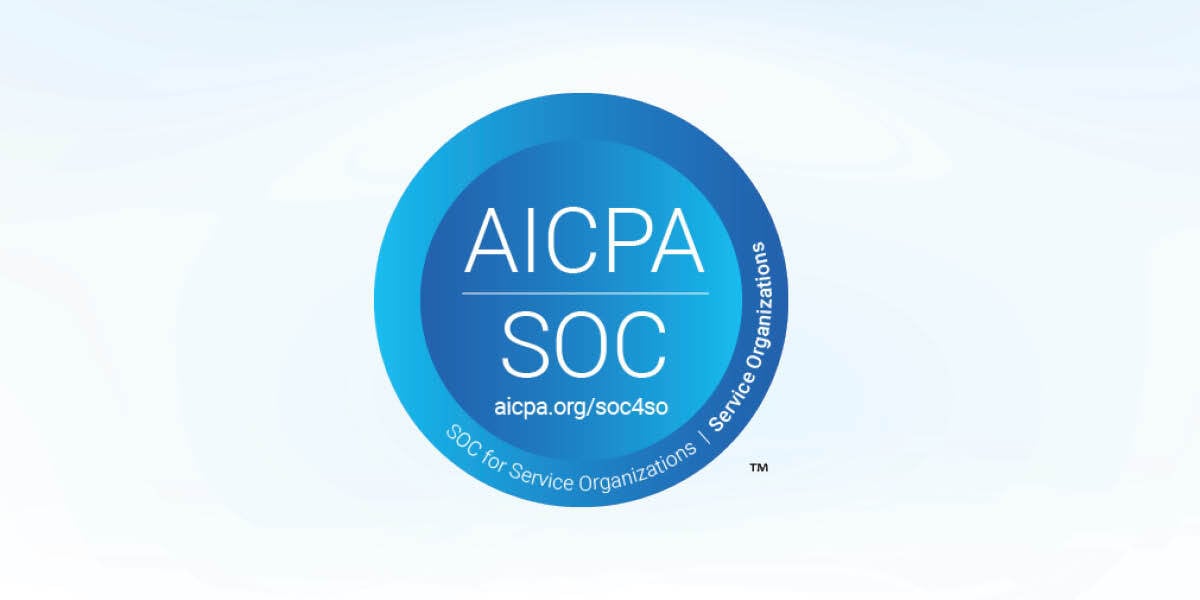
Having plans, tools, and training in place to avoid major disruptions is essential to continuing consistent, accessible, high-quality education for students.
What challenges is your school currently facing? How are you coping with the situation at hand while helping students and faculty make a smooth transition from face-to-face learning to fully online learning or a hybrid model of learning?
Recently, we were joined with Dr. Judy Jones Liptrot, Assessment and Certification Manager at Florida State College at Jacksonville (FSCJ), Dr. Rona Tyger, Director of Academic Technology and Distance Education for Authentic Learning at Dillard University, and Patrick Lane, Vice President of Policy Analysis and Research at the Western Interstate Commission for Higher Education (WICHE) for our Preparing for What's Next Through Academic Continuity Planning webinar to elevate the level of awareness about purposeful planning for academic continuity, what's been working well for them so far, and what challenges that are yet to be resolved.
Check out our on-demand, previously recorded webinar below to learn best practices when it comes to academic continuity planning and how to prepare for different situations ahead.
Don't want to watch the pre-recorded webinar? No problem! Keep scrolling to read a summary of some of the main questions that were covered.
Webinar Summary
One of the things that has been around a long time at institutions is an emergency preparedness plan. Those plans are often for things like an active shooter, a fire in a building, or if there is a hurricane present (which is why we were happy to have FSCJ and Dillard University's perspective on this because they are in hurricane zones).
The following content sheds a light on 6 of the top questions from the webinar with answers and advice from the panelist when it came to preparing for what's next through academic continuity.
Question: What can you tell us about your institution's current emergency response plan?
Answer: Dr. Jones shared that her institution has an emergency hurricane plan and a comprehensive emergency management plan. Their plan spans from things like COVID-19 to what they do at a local level if there was an emergency nearby. Much of their comprehensive plan is based on a communication app called "FSCJ Safety" that notifies the college about the status of their institution. This enables them to easily communicate quickly with students, staff, and faculty members.
Dr. Tyger described their institution's emergency plan as mostly related to the weather. However, with their current emergency response plan, it allowed their university to move everything online quickly due to COVID-19.
As Patrick Lane has talked to many different institutions over time, he expressed that no one has an emergency plan that fits the COVID-19 pandemic perfectly, but having a well thought out plan is key. It's important to take those plans that are working and improve them so they can be better next time when something like this unexpectedly happens.
Question: To what degree did having a prior academic continuity plan in place make your institution more prepared?
Answer: Dr. Jones spoke about how they have appointed campus directors that keep a status on what's happening around the college. A few years ago, these directors went through training that covered all kinds of scenarios to prepare them for certain unseen situations. These well-trained directors helped their institution meet the needs of their population.
Dr. Tyger added that it’s comforting to know their school had a plan during this all. A plan helps bring clarity to the staff and students. It also aids those who are resistant to change by having a plan to follow.
Question: To what degree is academic continuity a part of your emergency preparedness plan?
Answer: Dr. Jones explained that many of there classes were already online, so they were able to continue teaching. The ones that were not online got moved online quickly to continue teaching. For testing, they used SmarterProctoring, which allowed for an easier transition from face-to-face classes to online proctoring.
Question: How is your faculty adjusting to this current transition from face-to-face learning to online learning?
Answer: Dr. Tyger explained that it varied from teacher to teacher. Some faculty had taught online before, but others had not. Transitioning has forced them to learn other useful skill sets to continue to help their students thrive.
Dr. Jones included that faculty are getting training and learning other things like how to trim the fat out of their course, how to make sure things are aligned to the students, etc. Receiving extra training is a good activity to complete in order to rethink your course and clean it up.
Patrick Lane also shared that faculty must recognize that online learning is not going to end anytime soon. Taking the extra time to do online training and planning for what’s ahead is essential.
Question: Will eLearning emerge from the COVID-19 crises with a better or worse perception?
Answer: Dr. Jones believed that eLearning will emerge with a better perception because it allows for academic continuity through online courses without interruption.
Question: What is one positive thing you have seen come out of this COVID-19 crisis?
Answer: Dr. Jones shared that her communication has been better than ever with her colleagues.
Patrick concluded that COVID-19 has been a time that everyone has worked hard to come together and support each other.
Key Takeaway
Overall, the most important thing during this uncertain time of COVID-19 is to put high-quality education and teaching at the forefront for our students.
For more questions, answers, and advice that was gone over during the webinar, click here to watch the whole recording!
If you need assistance identifying at-risk students due to technology access or goodness of fit matters, need to get started quickly with automated online proctoring to prompt academic integrity, or need help authenticating learners during online course work, click here to reach out to us and we'd be happy to help.
Otherwise, click here to subscribe to our blog for more great tips on how to help your students and your institution succeed this year.


.jpg)


